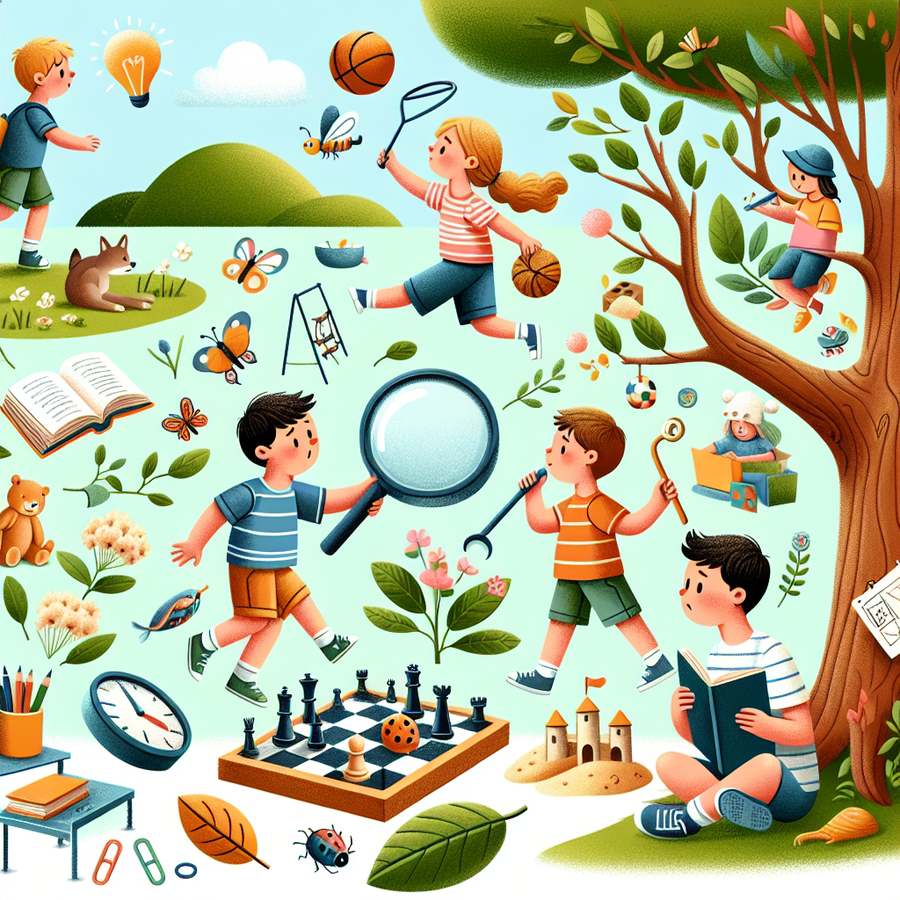The role of outdoor play in physical and cognitive development cannot be understated in the journey of a child’s growth. It’s a cornerstone that supports not just the physical prowess but also the mental agility and emotional resilience of young learners. In today’s fast-paced, screen-dominated world, ensuring that children get ample time to play outside is more crucial than ever. Let’s embark on a journey to unravel the multi-faceted benefits of outdoor play and how it shapes the leaders of tomorrow.
The Vital Role of Outdoor Play in Physical and Cognitive Development
Outdoor play is not just about burning extra energy or filling time; it’s a dynamic classroom that teaches children valuable life lessons beyond the confines of four walls. Engaging in outdoor activities promotes physical health, enhancing motor skills, muscle strength, and overall physical stamina. The natural challenges presented by outdoor environments encourage children to push their limits, fostering resilience and physical confidence.
Moreover, the cognitive benefits of outdoor play are profound. Navigating through complex play scenarios enhances problem-solving skills, boosts creativity, and amplifies a child’s ability to focus and process information. The unpredictable nature of outdoor environments stimulates adaptive thinking and decision-making, crucial skills in the developmental toolkit of every child. (source)
Connecting with Nature: A Pathway to Enhanced Learning
Interaction with nature through outdoor play is instrumental in nurturing a sense of wonder and curiosity in children. It provides an unparalleled opportunity for experiential learning, where every leaf, rock, and puddle sparks questions and exploration. This immersive experience with nature lays a strong foundation for scientific thinking and environmental stewardship from a tender age.
Furthermore, outdoor play in natural settings has been linked to improved attention spans and reduced symptoms of attention-deficit disorders. The calming effect of nature, combined with the rich sensory experiences it offers, helps children develop sharper focus and mental clarity, aiding in both academic pursuits and personal growth. (source)
Building Social Skills and Emotional Resilience Through Outdoor Play
One of the most significant yet often overlooked benefits of outdoor play is its impact on children’s social skills and emotional development. Group play and sports activities foster teamwork, communication, and empathy, as children learn to negotiate, share, and collaborate with peers. These interpersonal experiences are critical in building healthy social relationships and understanding social dynamics.
Additionally, outdoor play provides a valuable outlet for stress relief and emotional regulation. The freedom to run, shout, and express oneself fully in a safe, open space allows children to process emotions and stress healthily, contributing to emotional resilience and well-being. Learn more about the role of outdoor play in physical and cognitive development here.
Integrating outdoor play into the daily lives of children is not merely a recommendation; it’s a necessity for well-rounded development. By embracing the natural world, we provide our children with a unique, enriching environment that prepares them for all aspects of life. So, let’s prioritize outdoor play and watch our children grow into healthy, intelligent, and emotionally balanced individuals, ready to take on the world.
To further support your child’s development, consider exploring additional resources such as integrating music into your baby’s daily routine for cognitive benefits, activities to boost fine motor skills in a 9-month-old, and the significance of parallel play in toddler years among others from our internal link library.













